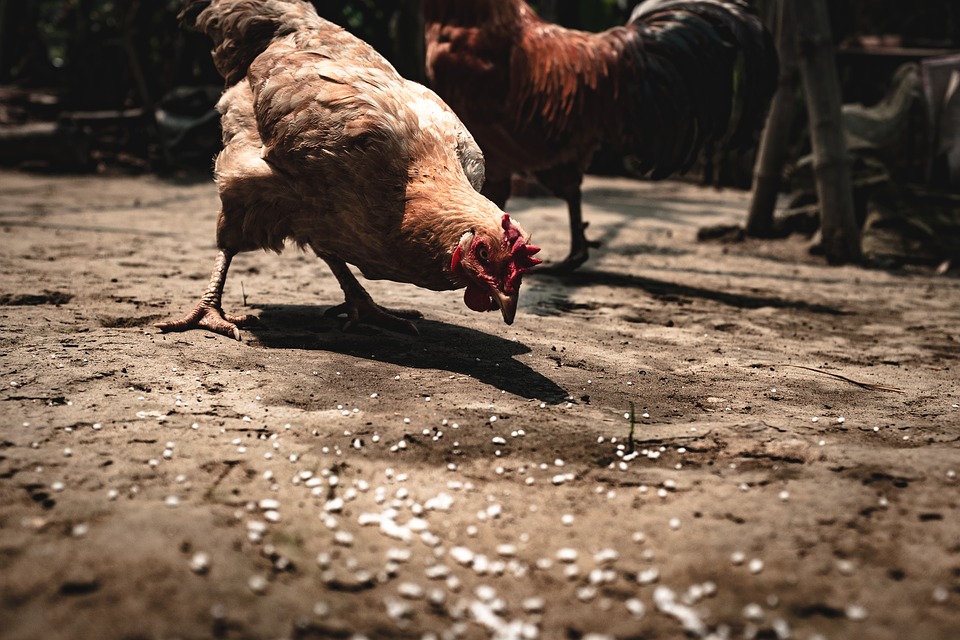
The Honorable Sonny Perdue
Secretary of Agriculture
United States Department of Agriculture
1400 Independence Avenue SW
Washington, DC 20250
Dear Secretary Perdue,
On behalf of USDA whistlelowers who have reached out to the Government Accountability Project’s (GAP) Food Integrity Campaign to voice dissatisfaction with dangerously fast poultry line speeds, we write you in opposition of any proposed rule that would increase line speeds over the current 140 birds per minute. Recent suggestions by Congressman Doug Collins to increase speeds to 175 birds per minute are alarming in light of what your whistleblowers have disclosed. The USDA’s own inspection personnel has warned that increased line speeds pose a direct threat to public health. We hope that you will acknowledge their concerns put forth in this letter and attached affidavits.
Congressman Collins’ plan to increase speed would contradict the better judgment of the USDA’s own inspection force. Since 2013, GAP has been working with FSIS inspectors to investigate line speed issues. Many inspectors shared their concerns about line speeds in publicly available affidavits. We would like to share those statements with you in hopes of informing your decision-making. One inspector suggested “The agency should come down and speak with inspectors, like my co-workers and me, about how things are really working before making decisions that affect the inspection floor” (Affidavit 2).
Concerned inspectors from existing HIMP plants operating at 175 birds per minute (bpm) have come to GAP seeking help. They have reported breakneck speeds and failed attempts to keep food safe. One inspector noted, “Carcasses fly by at between 165-175 bpm. It’s difficult if not impossible to inspect defects at this rate. It’s very frustrating for me to be unable to examine the birds closely for problems. I feel like I am there to protect the consumer and make sure that the product that is produced is something my family would eat” (Affidavit 2).
Inspectors are part of a dangerous business and believe that they are unable to perform their civic duty in keeping food safe. “I know the kinds of unwholesome, mutilated, and diseased chickens that are processed and shipped out for sale, and I feel it is important to share this information with consumers and taxpayers,” an inspector told us (Affidavit 6). Another explained they “are told to keep the line going almost at any cost, and even birds with fecal contamination (which may contain E.coli or other dangerous bacteria) were passed down the production line, potentially infecting wash stations and chiller” (Affidavit 5).
Inspectors lament they “are stretched far too thin” (Affidavit 5). Regrettably, plant employees do not adequately bridge the labor gap. “[Plant employees] even when it appears they are trying, they just cannot keep up because the line speeds are now so high” (Affidavit 3). Plant employees are not a suitable surrogate to federal inspection. Not only do they not have the same degree of training and expertise, they are also powerless to speak up when confronted with food safety issues. One anonymous inspector argued that workers they supervised “would be even less likely to speak out about the company’s actions. Most of them were from other countries and did not speak English. If we asked them to do something, they would do it. The constant pressure to maintain yield and evisceration line speeds made the kill floor a very intense place” (Affidavit 7).
We urge you to consider these proffered inspector concerns. An increase in poultry speeds is ill-advised and threatens public health. For over a century the Department of Agriculture has had the responsibility to defend consumers against diseased, adulterated and filthy meat products. The agency’s inspectors are the frontline of carrying this awesome responsibility, and they have spoken to you and us. They simply cannot adequately safeguard the nation’s food at such high speeds. We expect that you share our concerns and hope you see merit in our conclusions.
Sincerely,

Louis Clark
Executive Director and CEO